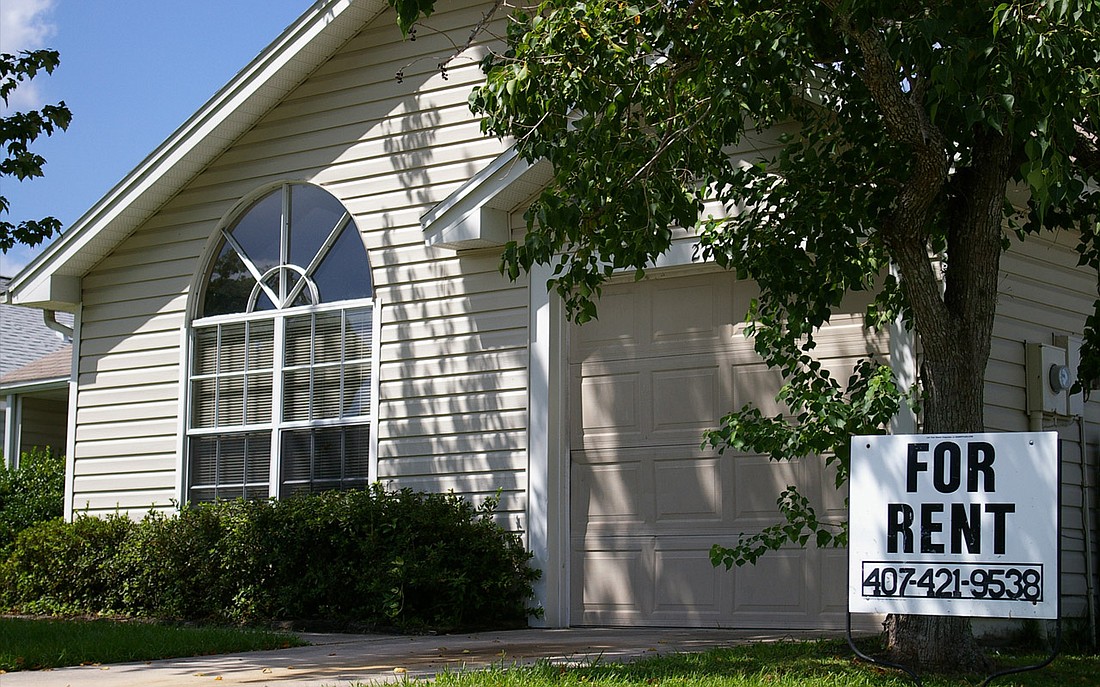- April 27, 2024
-
-
Loading

Loading

What if Maitland’s government bought some of the city’s foreclosed homes and rented them to its police, firefighters and other city staffers?
The idea was floated on Monday night by Councilman Ivan Valdes, who said a program like that would work to improve property values, lower crime rates and make the city an affordable place to live for those who work there.
“I see no reason as to why the city can’t turn a bunch of positives together and make a 4 to 5 percent return on the money and provide value to the residents of the community,” Valdes said.
Maitland Police Chief Doug Ball said there are similar programs throughout the nation — some local and some at the federal level — that move law enforcement officials into low-income, high crime areas. But Maitland’s program would be different because the foreclosed homes are not in blighted areas — they are in middle income areas such as Dommerich Hills.
“If you’re talking about expending city money to buy in a high-crime rate area, it’s unlikely we would be able to encourage them to move in,” Ball said, “but Dommerich is a nice area … where just about anybody would not be opposed to raising family.”
He said some of his officers are already living in Maitland apartment complexes, such as The Q, where they receive reduced rates. He would like to see a program that would give city employees a lease with an option to buy.
“They’re not living in the city because they can’t afford it on the salaries they are receiving,” he said.
While Council members Phil Bonus and Linda Frosch commended Valdes’ idea, others on Council said the city can’t afford to buy foreclosed homes in such a tight economic climate.
Mayor Howard Schieferdecker suggested the city should also look into having investors buy the properties and rent them to employees. “We have very little money and we’re stretching to do things to help us develop our downtown and other things. … There are a number of people in Maitland that buy houses.”
Valdes agreed that they should examine that avenue as well. Council directed city staff to come back with questions and potential issues at the June 13 meeting. “We have more questions than we have answers right now,” Assistant City Manager Brian Jones said.
City bans gaming devices
Maitland City Council also unanimously approved the final reading of an ordinance that bans simulated gaming devices, motivating Orange County Commissioner Ted Edwards to push for similar legislation at the county level.
Maitland joins Seminole County, Oviedo and Winter Garden in banning the devices that are usually found in Internet cafes, also called “storefront casinos.” Critics say the businesses are a front for gambling.
On Tuesday, Edwards sent a memo to County Commission members requesting to discuss adding language to the county’s gambling ordinance and changes to its charter at a future meeting.
“I’ve been following with interest the leadership and fortitude Maitland has shown with getting involved with this issue,” Edwards said at Monday’s meeting. “Frankly I assumed Orange County had a similar ordinance but we don’t.”
Also in attendance at Monday’s meeting was State Rep. Scott Plakon (R-Longwood), who fought unsuccessfully for a state-level ban on storefront casinos. House Bill 217 would have closed a “loophole in the law” that allows the sweepstakes games to not be classified as gambling. But the Senate decided not to hear the bill.
He said the businesses have “smart lawyers and well-paid lobbyists” in their corner but there’s a good chance of the bill being passed next session after lawmakers see “crime problems continue at these businesses throughout summer and into fall”.
Passing such legislation could get Maitland sued, just like Longwood and Seminole County, Plakon said. “[Internet cafes are] going to try to bully the cities and counties.”
Maitland City Attorney Cliff Shepard agreed. “I don’t guarantee that we don’t get sued ever, but I will tell you this, if we do get sued, I will put up a vigorous defense on the city’s behalf and you can take that to the bank.”